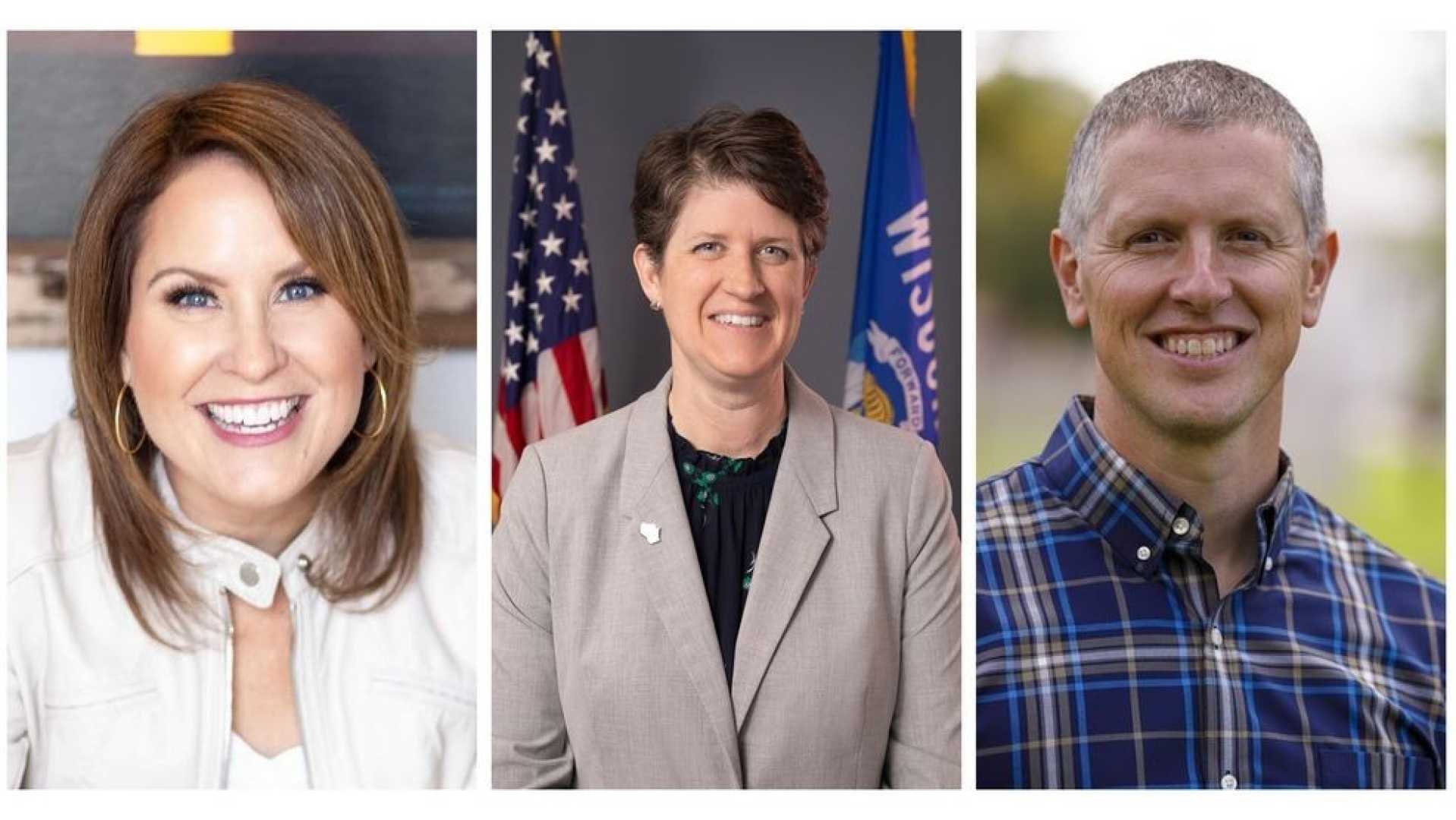Politics
Wisconsin’s Key State Superintendent Primary Holds High Stakes for Education

MILWAUKEE, Wis. — Voters in Wisconsin head to the polls on February 18, 2025, for a critical primary election for state superintendent of public instruction, the only statewide contest on this year’s spring ballot. The incumbent, Jill Underly, is seeking a second term against challengers Brittany Kinser and Jeff Wright in what promises to be a competitive race.
Underly, who previously won the position in 2021 with a narrow victory, now faces a new electoral landscape as she aims to manage a vast public school system encompassing nearly 900,000 students and an annual budget of around $9 billion. She is supported by the Democratic Party of Wisconsin and was endorsed by the American Federation of Teachers.
This primary is noteworthy as the Wisconsin Education Association Council, the state’s largest teachers’ union, which supported Underly in 2021, has shifted its political stance, recommending a vote for Wright instead. Wright previously ran unsuccessfully for the state Assembly as a Democrat in 2016 and 2018.
Kinser, an education consultant and founder of a state literacy initiative, positions herself as a conservative option, advocating for alternatives to traditional public schools. She has reported the highest fundraising totals, boasting $316,000 by February 3, compared to $123,000 for Wright and $121,000 for Underly.
The dynamics of the primary are complex. With three candidates vying for two spots in the upcoming general election on April 1, Underly and Wright are expected to split Democratic-leaning votes while Kinser attempts to consolidate Republican support. Underly secured just 27% in the 2021 primary but then won decisively in the general with 58% over her Republican rival Deborah Kerr.
This primary will be Wisconsin’s first statewide election since the closely contested November 2024 presidential election. The Wisconsin primary is also notable as it welcomes a potential increase in independent and crossover voters navigating the multitude of candidate options. With only two major Democratic candidates in the running, Kinser must excel past Kerr’s prior performance to secure a position on the ballot.
Polls for the primary will close at 8 p.m. Central Time, and the Associated Press plans to provide live updates and election results. The AP will announce winners only when it can determine that remaining candidates cannot close the gap, underscoring its commitment to accuracy in election reporting.
As of February 1, Wisconsin had nearly 3.9 million active registered voters, and any registered voter can participate in the nonpartisan primary. In 2021, just over 326,000 ballots were cast, approximately 9% of registered voters, with about 47% voting early.
This primary comes on the heels of the state’s spring elections and will determine not only who advances to the final general election but also the future direction of Wisconsin’s public education system.












